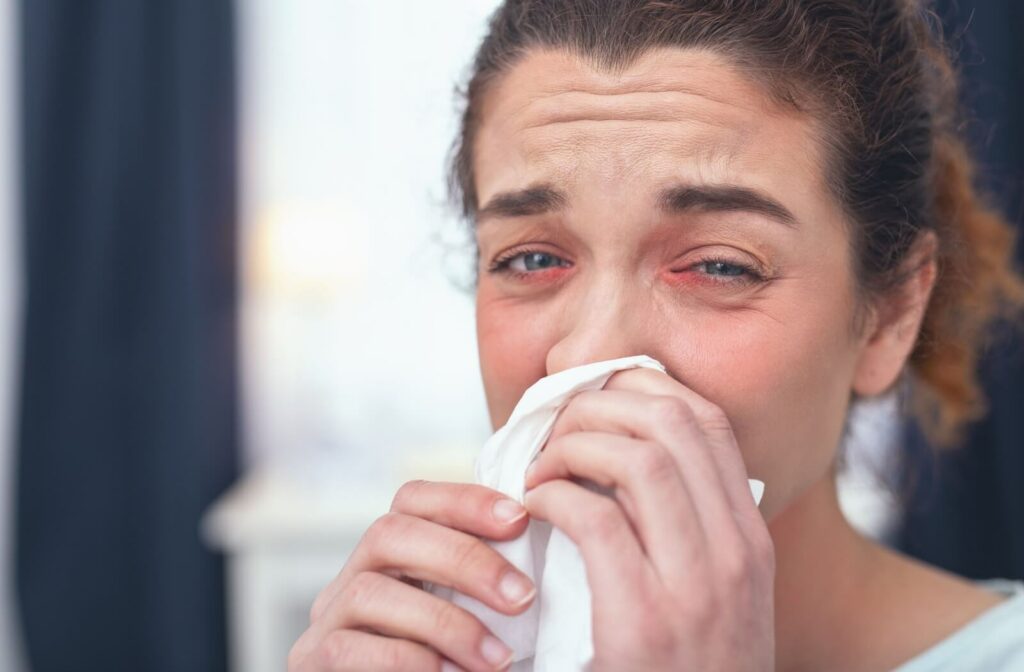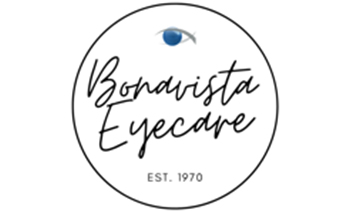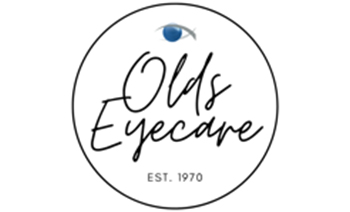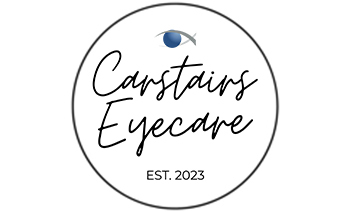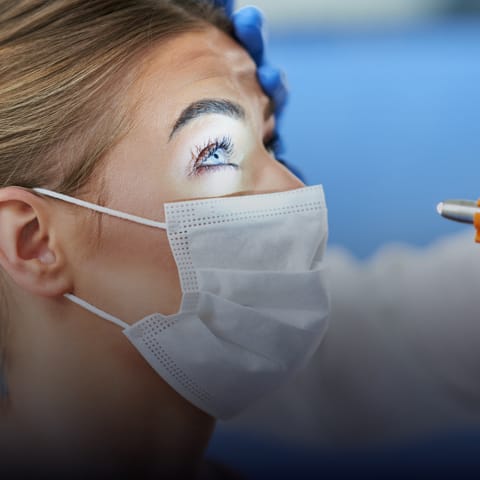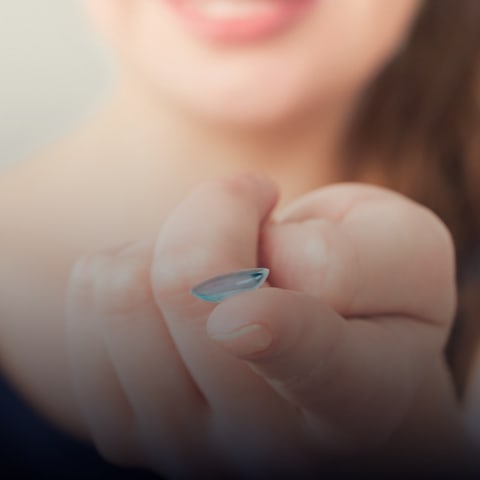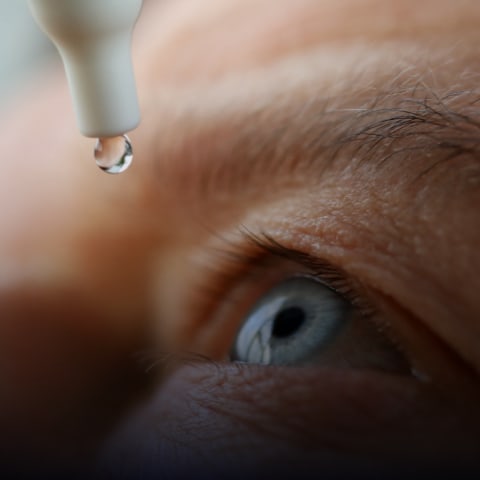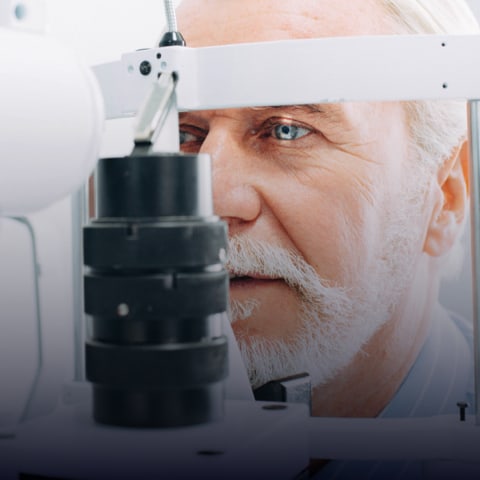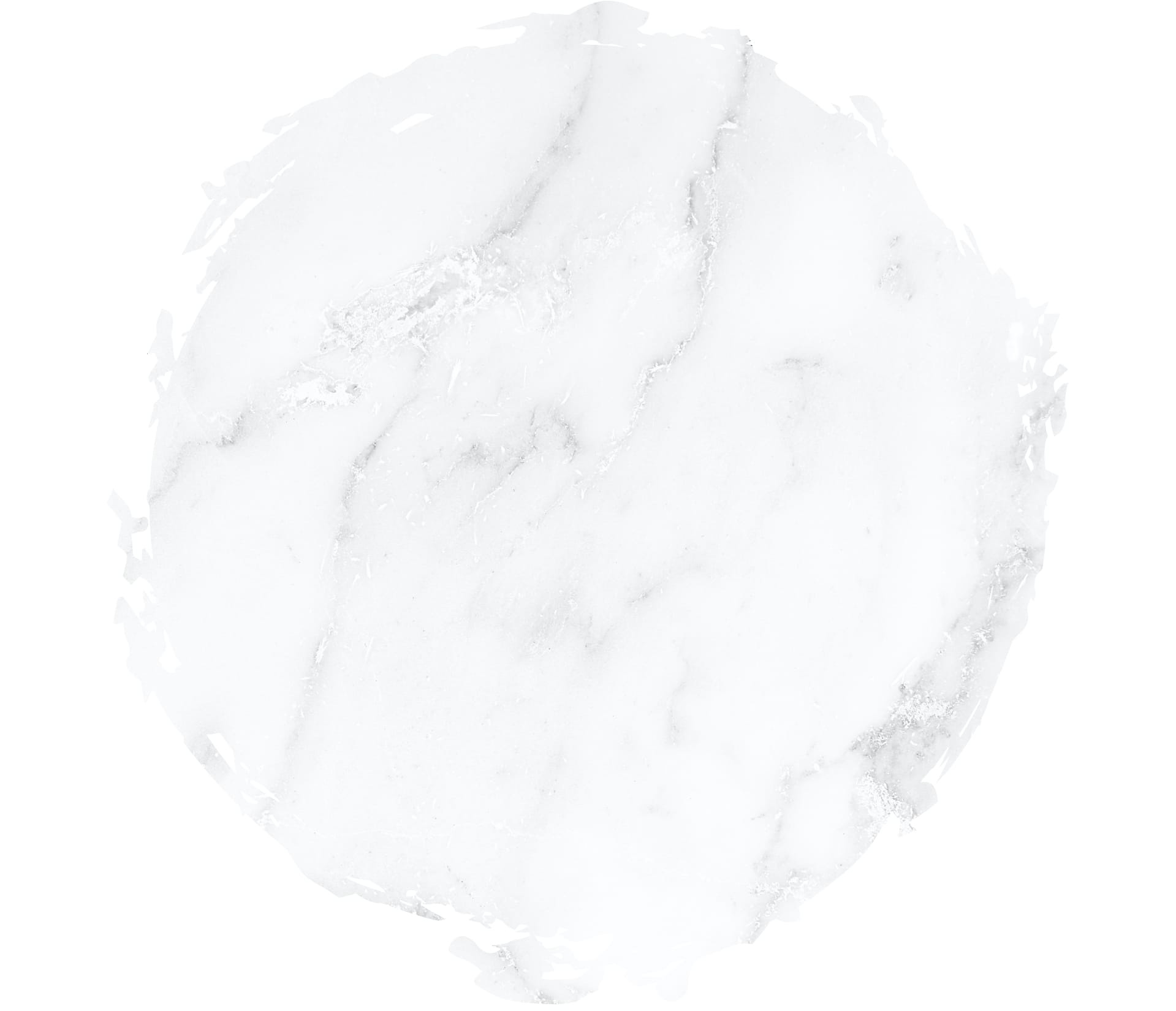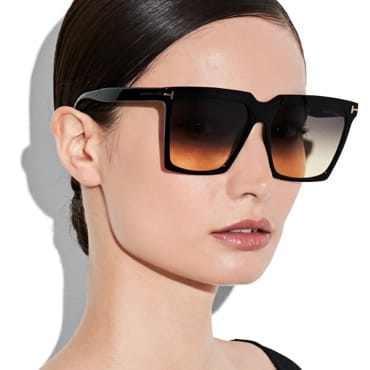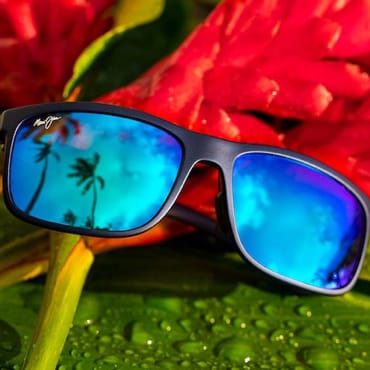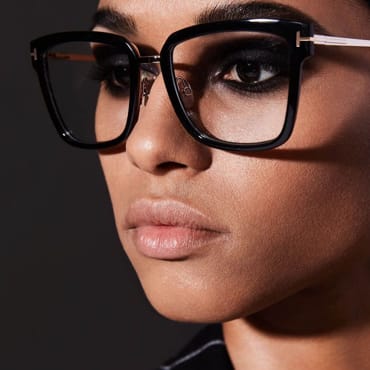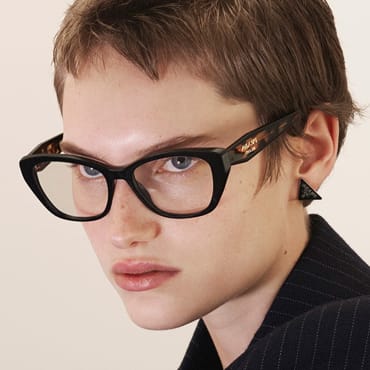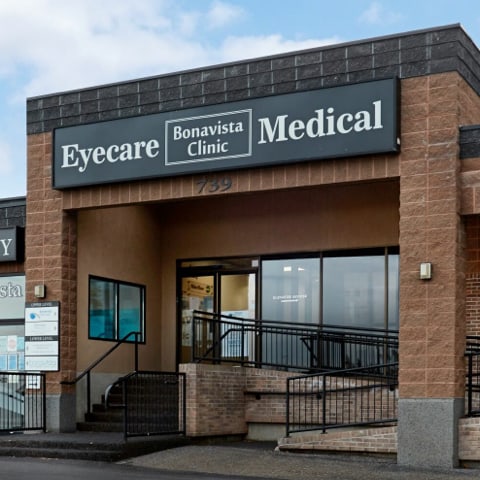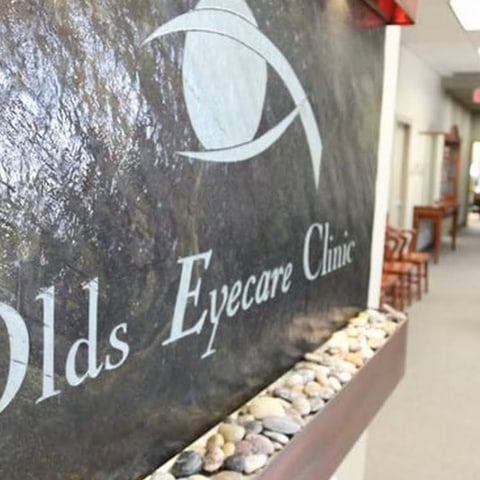Allergies have a habit of turning the most beautiful days into a nightmare—especially when they trigger symptoms in your eyes. Those watery, irritated, or even dry eyes can bring a significant distraction. Fortunately, you can find help from your optometrist; they can recommend appropriate eye drops to find relief. So what are the best eye drops for allergies?
The best eye drops for allergies are:
- Antihistamine eye drops
- Decongestant eye drops
- Lubricating eye drops
What Exactly Are Allergies?
An allergy is a reaction by your immune system to something that it can’t tolerate properly. It’s like the body begins overreacting to something; plenty of internal systems go into overdrive trying to flush away the contaminant. When something sets off an allergic reaction, it’s called an allergen.
An allergic reaction can range anywhere from mild to severe. While some people may just have a runny nose, others can go into full anaphylactic shock. In some cases, the reaction goes away on its own, while at other times a person may require medical intervention.
The most common allergens are airborne particles, like:
- Pollen
- Pet dander
- Dust
- Mould
However, this doesn’t encompass every allergen. People can be allergic to almost anything; peanuts, hay, and even the sun can set off this reaction and trigger symptoms.
How Do Allergies Affect the Eye?
When your body has an allergic reaction, it can affect almost any internal bodily system. The eyes are often hit quickly; they’re an extremely sensitive organ. When allergies affect the eye, you’ll likely experience:
- Itching
- Redness
- Swelling
- Tearing
- Sensitivity to light
- Blurred vision
This can lead to the eyes flooding with tears, quickly becoming itchy and irritated. They may feel overly sensitive, and you may experience light sensitivity. While these symptoms can be uncomfortable, there is good news: relief could be just a few drops away.
Can Eye Drops Help with Allergies?
Eye drops, often called artificial tears, are designed to help you find relief from all kinds of irritation. There are eye drops for dry eyes, glaucoma, and even allergies. However, it’s important to note eye drops aren’t universal; you’ll need to use a specific type depending on what symptoms you’re trying to combat.
It helps to visit your optometrist if you often struggle with allergies. They’ll be able to give you up-to-date advice on what eye drops can help you find relief. They’ll likely recommend one of the following 3 choices:
- Antihistamine drops
- Decongestant drops
- Lubricating drops
Antihistamine Eye Drops
Antihistamine eye drops work by blocking the histamine in the body that causes allergic symptoms. This helps provide quick relief for itchy, watery eyes. These are particularly effective for people suffering from seasonal allergies, as these drops can help prevent the allergic reaction from even beginning.
Decongestant Eye Drops
Decongestant eye drops target the blood vessels in the eye, which helps reduce the visible redness often caused by allergies. These can be ideal as they quickly provide relief for the redness, discomfort, and mild swelling that allergies cause.
However, it’s important to use these sparingly. Overuse can lead to a condition called “rebound redness” where the symptoms begin worse over time rather than better. Try not to use these drops for more than a few days at a time to allow your eyes the time needed to recuperate.
Lubricating Eye Drops
Lubricating eye drops, often referred to as artificial tears, aim to help supplement your natural tear production. This is particularly effective for dealing with the dry eyes that allergies can often cause. By mimicking the natural tears, lubricating drops offer immediate comfort and relief. However, these don’t target the underlying cause of the symptoms; rather, they simply bring relief.
Tips for Preventing Allergies
When it comes to allergies, prevention is often easier than a cure. It helps to learn exactly what triggers allergic reactions in your body; this way, you can take proactive steps to avoid exposing yourself to allergens and potential triggers. If you’re unsure about what causes your allergies, you can take an allergy test with your primary physician.
You can also help by making some environmental changes:
- Keep windows and doors closed during high pollen seasons.
- Use high-efficiency particulate air (HEPA) filters in your home and change them regularly.
- Wash your hands and face frequently
- Regularly wash your bedding; it can trap dust and other contaminants
- Use a dehumidifier to keep the air in your home clean
- Avoid rubbing your eyes as much as possible
If you do find yourself using eye drops, make sure to keep an eye on the expiration date. Past this date, they’re often significantly less effective, and can even cause further problems or irritation in your eye. Avoid expired eye drops; instead, replace them when necessary.
Get Help for Your Allergies
If you often deal with watery eyes, redness, and itchiness, come see our team at Sundre Eyecare, Carstairs Eyecare and Olds Eyecare. We can examine your eyes and help you get the right eye drops to find relief. The answer to your symptoms could be a few eye drops away, so book an appointment with our team!


